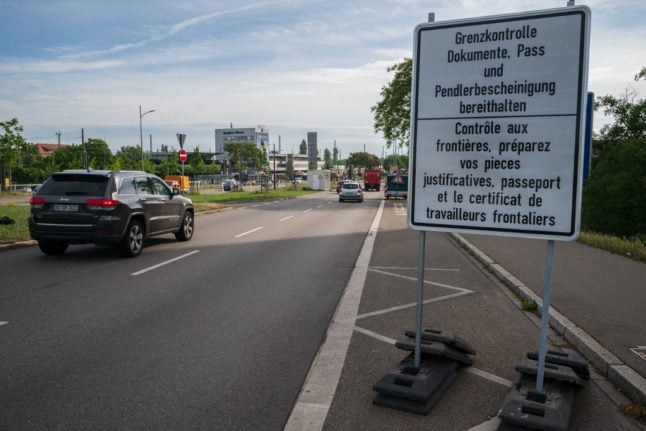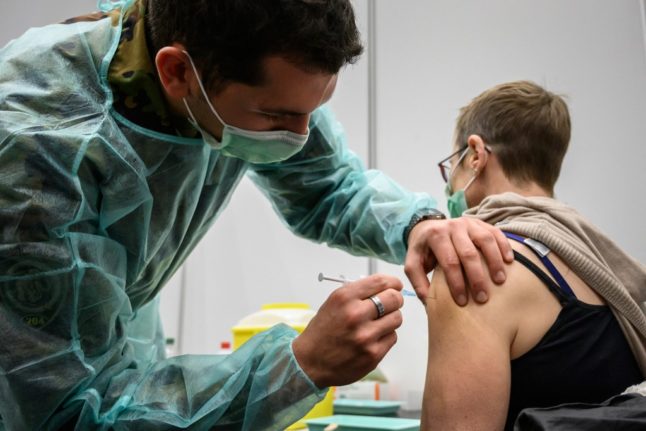German Health Minister Jens Spahn said that he plans to start the first vaccinations in his country from December 15th, about six weeks before the earliest vaccines in Switzerland.
So can those living close to the Swiss-German border simply drive to Germany and get vaccinated?
The answer is ‘nein’.
Claudia Krüger, spokesperson for the Ministry of Social Affairs in Baden-Württemberg, the German state near the Swiss border, said that “the place of residence is a decisive factor for the vaccination”.
The only exception would be any Swiss residents who work in hospitals and nursing homes in Baden-Württemberg, she added.
However, the fact that a coronavirus vaccine will be available in Germany earlier than in Switzerland doesn’t mean that hordes of Swiss residents will be queuing up at the border to get the shot.
According to a new survey of 16,727 people carried out by Swiss public broadcaster SRF, only 21 percent of the respondents said they would go to another country to get vaccinated.
More than a half — 56 percent — said they wouldn’t cross the border, while 23 percent stated that they wouldn’t get vaccinated at all.
READ MORE: Covid-19 vaccine may be ready in Switzerland sooner than predicted
While originally scheduled to be rolled out in Switzerland in the spring of 2021, the Covid vaccine will likely be ready at the end of January, Health Minister Alain Berset said on Thursday.
The elderly and those suffering from serious chronic illnesses will be the first to be vaccinated, while the general public will be offered immunisations at a later date, he said.
The Health Minister also noted that the government is planning to offer the vaccine for free to anyone who wants it, and there will not be a general mandate to get immunised, with the possible exception of those who work in the healthcare sector and elderly care homes.



 Please whitelist us to continue reading.
Please whitelist us to continue reading.
Member comments